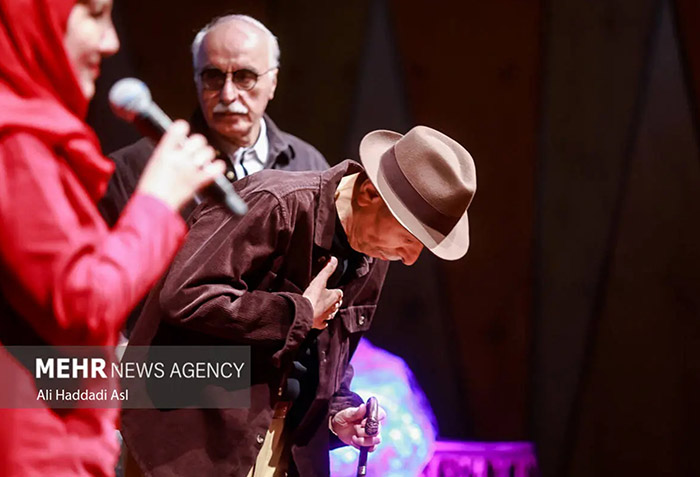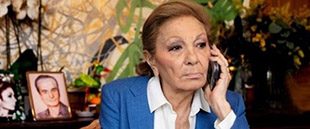His role in “Musa Kalimollah: At the Time of Dawn”, which earned him the Crystal Simorgh for Best Supporting Actor at the Fajr Film Festival, epitomized his subtle approach to acting. Rather than relying on overt emotion, Aish conveyed inner struggle through micro-expressions, controlled movements, and silence. Critics hailed his performance as “a lesson in restraint,” comparing his style to that of Masoud Kimiai’s early protagonists or Robert Bresson’s models of spiritual minimalism.
Aish appeared in several other films, each expanding his thematic concerns. Some of his notable cinematic works include:
-
“Asr-e Yakhbandan” (The Age of Ice) – where he portrayed a morally conflicted intellectual caught between idealism and despair.
-
“Khab-e Talakh” (Bitter Dream) – a surreal meditation on memory and mortality.
-
“Jomeh Khun” (Bloody Friday) – a politically charged film exploring the cost of silence in oppressive systems.
His acting choices often leaned toward roles that challenged authority, hypocrisy, and moral complacency. In interviews, Aish emphasized that “acting is not imitation but revelation — a process of discovering what truth the story demands.”

